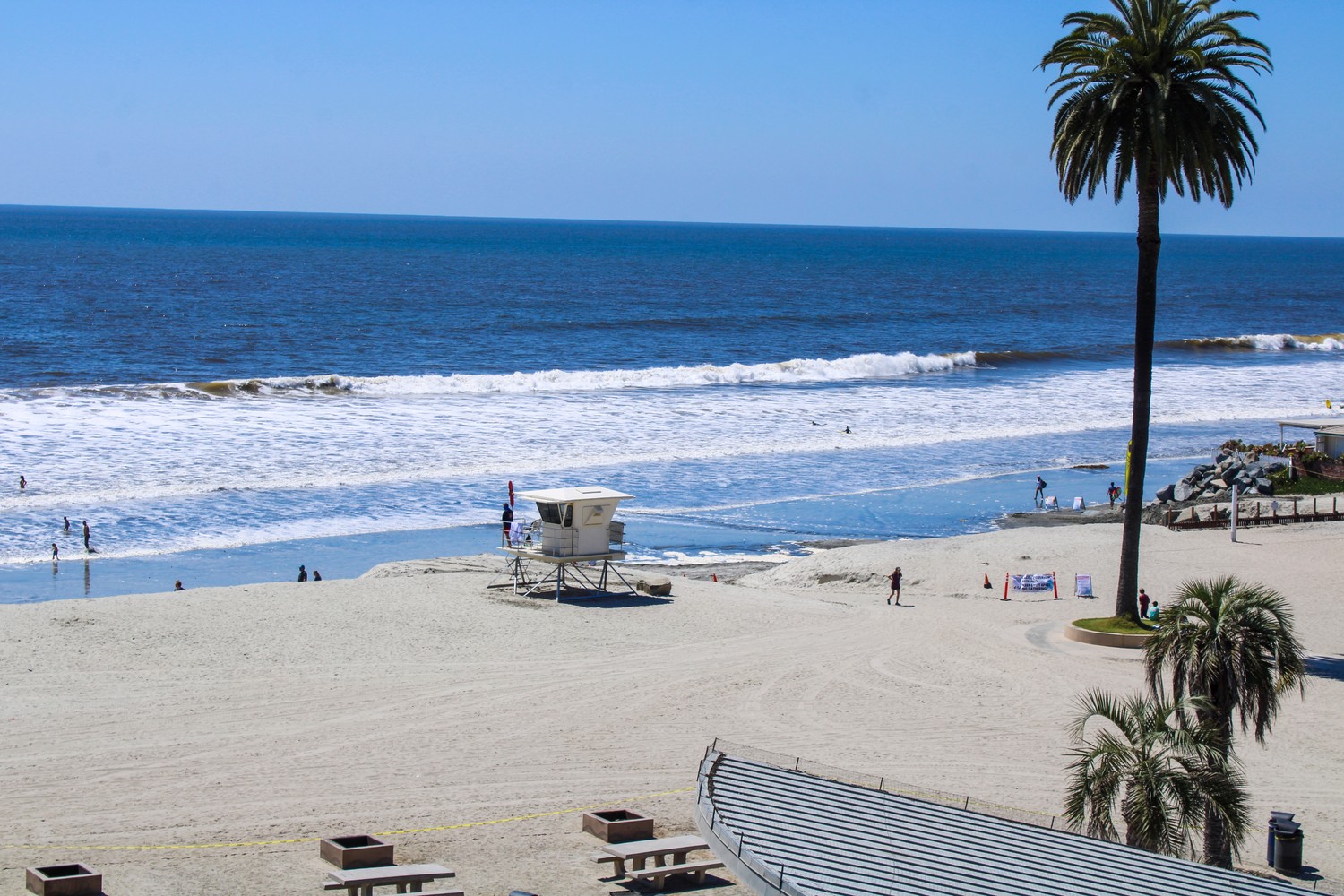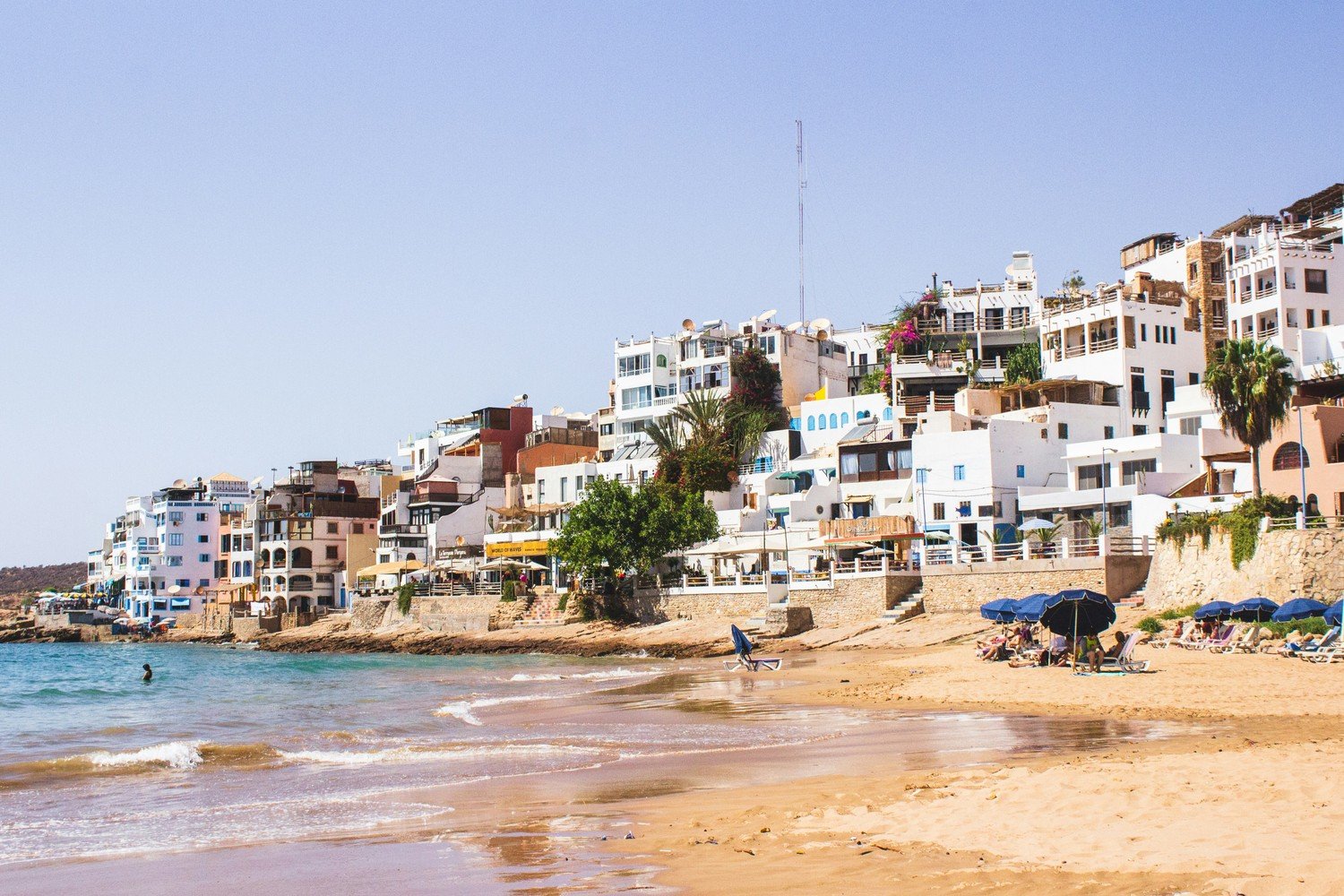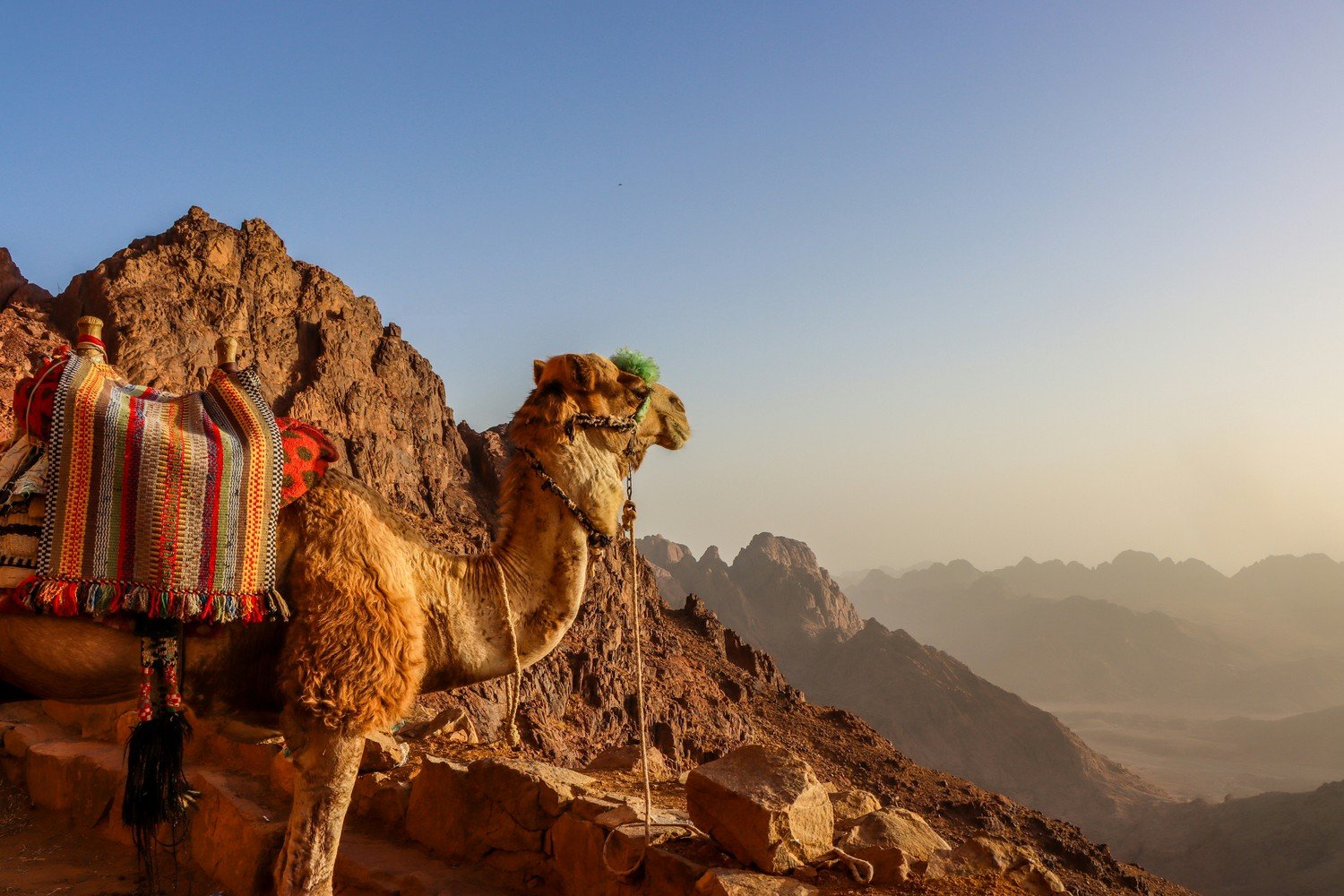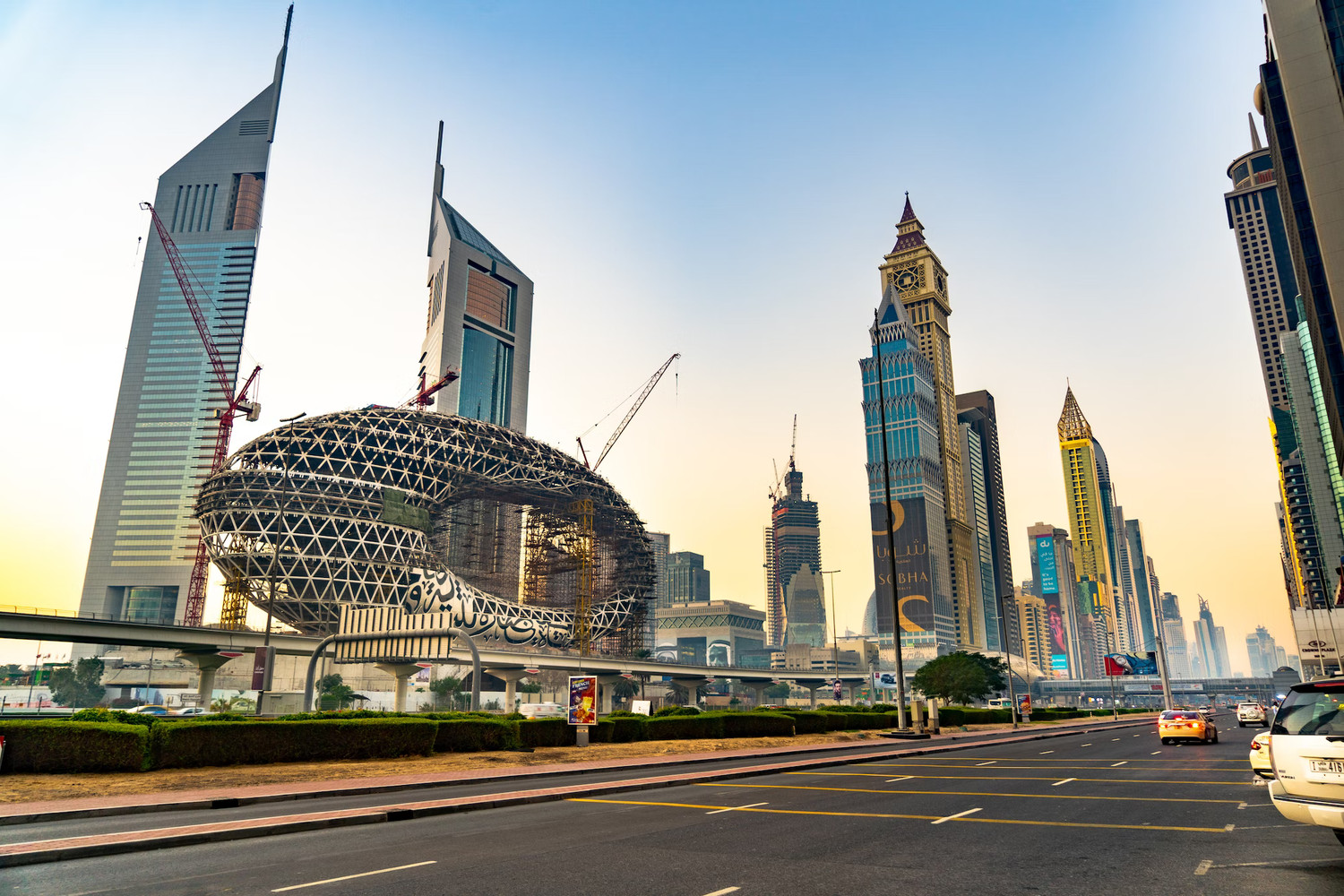
Destination or Hotel
Departure Airports
Travel Dates
Flexible +/-3 days
Nights
Flexible +/-3 days
Guests
Price Match Promise
Flexible +/-3 days
Price Match Promise

Can I go on Holiday to Egypt?
By
Ricky Durrance
09 Feb 2022
In short, yes you can go on holiday to Egypt! Yay! But as always you need to be aware of the entry requirements and you should always check the latest travel advice on the Foreign Commonwealth and Development Office website when planning to travel. There are also many other things you should be aware of when visit this wonderful country, so let us guide you through everything you need to know when going on holiday to Egypt.
Visa Requirements for Egypt
Holders of a full ten year British Passport need a visa for Egypt and you can apply for one through the Egyptian Government website: https://www.visa2egypt.gov.eg please note your passport must be valid for at least six months from your date of return to the UK.
If you’re travelling to Sharm el Sheikh and staying for up to 15 days, you will receive a free entry permission stamp upon arrival. If you intend to travel out of these areas or stay longer than 15 days, you must get a visa.
Entry Requirements for Passengers in Response to Covid 19
Travel advice to all destinations is constantly changing and you should check with the Egyptian Consulate in London what the up to date requirements are prior to travelling on: info@egyptconsulate.co.uk as well as the Foreign Commonwealth and Development Office travel advice on Egypt on: https://www.gov.uk/world/travelling-to-egypt and on the Travel Health Pro Website:https://travelhealthpro.org.uk/country/71/egypt#COVID-19
At the time of writing this (February 2022), the following insurance and vaccination requirements for travel to Egypt are valid:
All persons (including those who hold Egyptian nationality) arriving from overseas must have proof of one of the following:
- A full course of COVID-19 vaccination (completed at least 14 days prior to arrival; or
- A negative PCR test (taken within 72 hours prior to departure)
- Children under the age of 6 are exempt.
Passengers from all countries will be required to complete a paper health declaration (issued by your airline or on arrival) with personal details, and will need to provide confirmation of a valid health insurance policy to airport authorities.
Customs Regulations on arrival in Egypt
There is a limit of 500.00 Egyptian Pounds that you are allowed to bring in or take out of Egypt. There is no limit to the amount of hard currency that you may bring in, but sums that exceed USD 10,000 should be declared on arrival. Certain valuables like electrical equipment, video cameras etc must be declared on arrival and taken back with you when you leave.
Currency and Tipping
The currency in Egypt is the Egyptian pound (EGP). As there is a limit of 500 Egyptian pounds to bring to Egypt with you, we suggest you don’t change any amount that exceeds this before you travel. Cash machines are widely available, especially in tourist resorts. Local currency exchange outlets and most hotel receptions will also exchange currency for you. Credit cards a widely accepted in most establishment but always carry small amounts of cash for you for places that don’t accept credit cards and for tipping.
Tipping, or “bakshish” is common practice in Egypt and expected in most places. Tip your waters, hotel staff, tour guides, taxis, coach drivers and anyone who offers you a service. You’re not expected to tip large amounts, so tip little and often.
Best time to travel to Egypt?
Egypt is a year round destination as it enjoys a warmer climate throughout the year with minimal rainfall in Cairo during the winter months. Temperatures in the peak summer months can reach as high as 40 degrees Celsius and sometimes higher. The best time to travel to Egypt if you intend visiting the archaeological sites is from October – April as it will be too hot to walk around these sites during the late spring and summer months. If you are not fond of high temperatures, avoid the peak summer months of June July August and September. You may also wish to avoid travelling to Egypt during the month of Ramadan as all tourist sites will open later and close earlier than usual and you may not be able to get to them in time.
Religion, the Holy Month of Ramadan and Local Customs
Egypt is predominantly an Islamic Country with only 10% of the population being Coptic Christian. Respect local traditions, customs, laws and religions at all times and be aware of your actions to ensure that they do not offend other cultures or religious beliefs. This is especially important during the holy month of Ramadan or if you intend to visit religious areas. Dress modestly, especially in rural areas, mosques and souqs (markets). Public displays of affection are frowned upon. What may be acceptable in the tourist resort areas may not be in other areas.
In 2022, the holy month of Ramadan is expected to start in April and end in May.
Drinking alcohol in the street and anywhere other than a licensed restaurant or bar is not allowed and can lead to arrest.
Possession, use or trafficking in illegal drugs is a serious offence and can, even for small amounts, lead to lengthy prison sentences (25 years), life imprisonment or the death penalty. Khat is illegal in Egypt.
Photography
You will undoubtedly be taking countless holiday snaps and photographing all the sites you visit during your stay. Some sites, for example the Valley of the Kings and sites in Luxor, will make an additional photography charge if you wish to use a flash inside the tombs but this is usually a minimal charge.
Photography of, or near, military official installations is strictly prohibited. This includes the Suez Canal. Don’t photograph officials without their consent. There are sensitivities about taking photographs of public buildings or infrastructure such as electricity stations, train stations and bridges if you are in any doubt seek permission before taking photographs. No radio controlled helicopters or drones can be used to take photographs.
Cuisine
Egyptian food is similar to other Middle Eastern cuisines and pigeon is a speciality. Examples of Egyptian dishes include rice-stuffed vegetables and vine leaves, hummus, falafel, ful medames, mashed fava beans, kushari, molokhiya, and okra stew. We recommend you try the ful medame, a bean dish and falafel, made of chick peas, which are both a feature of and Egyptian breakfast and suitable for all vegetarian and vegan diets too. Kushari is also a must try. This is mix of rice, lentils, macaroni, chick peas topped with fried onions and a spicy tomato sauce.
Extra Out of Pocket Expenses to Expect
Some or most of your meals will be included in your hotel stay depending on what board basis you have booked but there will be times when you fancy a drink or a meal when you are out and about. The cost of eating out in Egypt is relatively low in comparison to the UK. Expect to pay in the region of the following for the items below.
- A meal for 2 in a cheap restaurant: 100 – 120 EGP
- A meal for 2 in a mid-range restaurant: 500 – 800 EGP
- Domestic Beer: (0.5 ltr) 40 – 70 EGP
- Imported Beer: (0.5 ltr) 60 – 90 EGP
- Cup of Cappuccino/ Latte / Americano coffee: 10 – 45 EGP
- Soft Drink(0.33 ltr): : 5 – 12 EGP
- Water (0.33 ltr): 3 – 5 EGP
Likewise with your tours, most tours and excursions booked through a local tour company will include the entrance fees to sites visited, however, if you plan to visit independently, you will need to pay for your transport and entrance fees as you go along. It is best to plan in advance and make sure you budget for this. Most sites will only accept cash so don’t expect to be able to pay with a credit card. Carry enough cash to cover your entrance fees and for tipping. Check up to date prices before leaving. We have provided approximate prices below:
- Single trip on the local bus 2.50 – 10 EGP
- Local Taxi fare up to 1Km 6 – 12 EGP it is always best to agree a fare prior to using a taxi.
Some of the sites to see in Egypt, have no charges and are free however, entrance fees to archaeological sites vary from 35 – 100 EGP per person depending on the site. For example entrance to the Pyramids at Giza and the sphynx is approximately 60 EGP and there is an additional 100 EGP for each pyramid you wish to visit. In the Valley of the Kings you will pay and entrance fee of approximately 80 EGP to visit up to three tombs. If you wish to visit the tomb of Tutankhamun there is an additional fee of 100 EGP. Extra charges are also made if you wish to use flash photography inside the tombs and this should be paid at the entrance with your ticket.
We hope you enjoy your Egypt holiday and make sure you leave us a comment below to let us know how much you enjoyed it!
40,000+ verified
customer reviews
Loading reviews...
Expert AdviceWhere to go & when

Millions of
happy customers

Over 30 years
travel experience

Triple Lock Protection
ATOL, TTA, Secure Trust


Low Deposit
from £49pp

24x7 in-resort
Support

ATOL & TTA
Protected

Pay monthly
Spread the cost
We want all our customers to stay safe when abroad. For the latest travel advice from the Foreign, Commonwealth & Development Office click here. Further advice can be found on the Travel Aware page here. Please note the advice can change so check regularly for updates and before you travel.
teletextholidays.co.uk acts as an agent in respect of all bookings made by telephone. For all bookings, your contract will be with the applicable Service Provider of your chosen Travel Service (who may be the principal or the agent of the principal) and Teletext acts only as an agent on their behalf. Your holiday will be financially protected by the ATOL scheme and you will receive an ATOL certificate once your booking has been confirmed. Please see our booking conditions for information, or for more information about financial protection and the ATOL Certificate go to:www.caa.co.uk/atol-protection
*We are able to offer a price match if suppliers are the same.
Teletext Travel Ltd, company number 14855829. Address: 71-75 Shelton Street, Covent Garden, London, United Kingdom, WC2H 9JQ.
Copyright 2025 teletextholidays.co.uk | All rights reserved.






